Disclosure: This post includes affiliate links; I may receive compensation if you purchase products or services from the different links provided in this article.
Hello folks, if you are doing Java development then there is a fair chance that you may be familiar with Scala and Groovy - two powerful and dynamic programming languages that run on the Java Virtual Machine (JVM).
These languages offer unique features and capabilities that can enhance your development experience and productivity, especially for Java developers.
One of the key reasons developers choose Scala and Groovy is the availability of robust frameworks that provide libraries, tools, and utilities for building modern and scalable applications.
If you are interested in learning the best Scala and Groovy framework, then you have come to the right place. In the past, I have shared the best courses to learn Scala and Groovy, and In this article, we are going to take a look at some of the best Scala and Groovy frameworks that can be useful in Java development like Akka, Lagom, Play, Spock, Gradle, and Grails.
Whether you are a seasoned Java developer looking to expand your skillset or a curious learner interested in exploring new frameworks, this article will highlight some of my personal favorites that can help you level up your Scala and Groovy development game.
I'll also share links to some valuable courses to learn these best Scala and Groovy frameworks.
We'll first see the best Scala frameworks, which can also be helpful for Java developers like Play, Akka, and Spark. These frameworks will give you some choices and knowledge about deciding which technology and framework are better for your requirements.
After that, we'll see helpful Groovy frameworks like Grails for web development, Gradle for build and dependency management, and Spock framework for automation and unit testing.
But, the story doesn't end there as we will again look at some more new and advanced Scala frameworks like Lagom for creating Microservices, Lift for developing web applications, and Monix, a high-performance Scala / Scala. js library for composing asynchronous, event-based Scala applications.
By the way, if you're new to Scala, then I highly recommend you to first go through Scala and Functional Programming for Beginners | Rock the JVM course by Daniel on Udemy.
This 15 hour 30 minutes online course is the best course to learn Scala online and teach you all the essential Scala concepts needed to use these frameworks.
Let's dive in and discover the exciting world of Scala and Groovy frameworks!
10 Best Groovy and Scala Frameworks for Java Developers
Without wasting any more of your time, here is a list of the best Scala and Groovy Framework. Java developers can write better applications using Java, Groovy, and Scala.
Along with what are these frameworks and what benefits they provide, I have also mentioned relevant courses which you can use to learn these frameworks, tools, and libraries.
1. Apache Spark
Apache Spark is another popular framework written in Scala. It is very popular in the Big Data world and can be used to analyze a massive set of data quickly.
Spark is an open-source cluster computing platform. It provides an interface for entire programming clusters with implicit data parallelism and fault tolerance.
If you think of moving on to Big Data or taking some Big Data projects, then learning Spark can be a good idea. If you want to learn Spark, I highly recommend you check out this Apache Spark with the Scala course by Frank Kane on Udemy. It's both a practical and hands-on course to learn Spark online by yourself.
2. Akka Concurrency Framework
There is no doubt that writing correct distributed, concurrent, fault-tolerant, and scalable applications are complex in Java. Akka aims to solve this problem by introducing the correct level of Abstraction and using the best tools and practices.
Akka teaches Actor modern and provides a better platform to build scalable, resilient, and responsive applications.
It provides a complete toolkit for building highly concurrent, distributed, and resilient message-driven applications in Java and Scala. I
f you want to improve your concurrency skills, then learning Akka can be a great idea, and if you need a resource, you can use this Akka Essentials with Scala course by Daniel CioCirlan from Udemy. It's one of the best courses to learn the Akka actor model with Scala and write parallel, concurrent and fault-tolerant systems.
3. Play Framework
Like Akka makes writing concurrent applications in Java and Scala easy, Play Framework makes it easy to build web applications with Java and Scala.
Play is based on a lightweight, stateless, web-friendly architecture that uses a highly concurrent and scalable Akka framework for writing a highly scalable web application. It's actually the most popular Scala framework for web development
Play provides predictable and minimal resource consumption (CPU, memory, threads) for highly-scalable applications. Along with Akka, Play is two of the most popular Scala framework, and if you want to learn Play, you can use this Play Masterclass course on Udemy to start with.
4. Slick
Slick is a modern database query and access library for Scala. It allows you to work with stored data almost as if you were using Scala collections while at the same time giving you complete control over when a database access happens and which data is transferred.
It's an important framework if you want to do fullstack development in Scala
You can write your database queries in Scala instead of SQL, thus profiting from Scala's static checking, compile-time safety, and compositionality. Slick features an extensible query compiler that can generate code for different backends.
If you want to learn Slick in 2024 and look for good resources, you can also check out this Kickstart SCALA - The Ultimate Scala Beginner Bootcamp course on Udemy. It touches on all crucial Scala frameworks, including Slick for the database.
5. Grails
Grails is a robust Groovy-based web application framework for the JVM built on the Spring Boot, another popular framework for Java development. Like Ruby on Rails, Grails aims to simplify Java development by leveraging Groovy's simplicity and expressiveness.
Grails adopts best practices from the popular Java framework like convention-over-configuration, sensible defaults, opinionated APIs, and the Groovy language to make Grails easy to learn for Java developers.
Another good thing about Grails is that it seamlessly and transparently integrates and interoperates with Java, the JVM, and existing Java EE containers.
If you are into Java web development, learning Grails can be an excellent addition to your skill. If you want to learn Grails and need a resource, I suggest you check out this Grails MasterClass on Udemy.
6. Gradle
Gradle is probably the most popular tool written in Groovy. It was initially touted as a replacement for Maven becuase of crisp and concise build files, which removed the boilerplate of XML from the pom.xml file but now it co-exists with Maven.
Though more and more developers are moving to Gradle for more straightforward and easy-to-read build files and in the future, it may really become the go-to build tool for Java developers and Java applications.
It's an excellent tool to learn, especially if you are a hands-on Java developer, and if you want to learn Gradle, you can check out this Gradle MasterClass course on Udemy.
7. Spock Testing Framework
If you are passionate about testing in Java, then you might have heard about Spock, one of the best Groovy frameworks for unit testing and specification. You can use Spock to write a unit test for Groovy apps and Java applications.
What makes it stand out from the crowd is its beautiful and highly expressive specification language. Spock is compatible with most IDEs, build tools, and continuous integration servers, thanks to its JUnit runner. Spock is inspired by JUnit, RSpec, jMock, Mockito, Groovy, Scala, Vulcans, and other popular Java tools.
There are not many resources to learn Spock online but Learn Automation with Geb and Spock on Udemy is the best course to start with
And, if you love books, then this Java Testing with Spock book on Manning is probably all you need to get started with Spock.
8. Monix
Monix is another high-performance Scala / Scala.js library for composing asynchronous, event-based applications.
It started as a proper implementation of ReactiveX, with stronger functional programming influences, and was designed from the ground up for back-pressure and made to cleanly interact with Scala's standard library, compatible out-of-the-box with the Reactive Streams protocol.
There are not many resources to learn Monix online like I didn't find any book or course, but their Documentation is good, and you can use them to learn Monix by yourself.
9. Lift
Lift is one of the most influential and secure web frameworks available today. It is a free and open-source web framework designed for the Scala programming language. It was initially created by David Pollak, who was dissatisfied with certain aspects of the Ruby on Rails framework.
Since Lift applications are written in Scala, and compatible with Java, you can still use your favorite Java libraries and deploy them to your favorite Servlet Container and app server.
Scala allows you to use the code you've already written and deploy it to the container you've already configured! If you want to learn Lift in 2024 and look for a great resource, you can also check out this Lift Masterclass in Udemy.
10. Lagom
This is another Scala framework for building microservices using Scala tools and frameworks. It's a platform that provides you with a complete toolset for building, managing, and monitoring high-performance and non-blocking microservices.
This framework targets Java developers but uses Scala's powerful tools and technologies like:
- SBT (Scala's build system, project definitions),
- Play (REST endpoints, Guice dependency injections)
- Akka (processing)
- Cassandra (default data storage)
Most technologies are hidden behind the interface, so you don't need to worry. It's still relatively new and offers an alternative to Spring Boot, Micronaut, and Quarkus for building Microservices in the Java world.
That's all about some of the best Scala and Groovy frameworks that Java developers can learn and use in their projects. It's worth remembering that Grails and Play can develop web applications, while Gradle can help you build your application like Maven. Akka is a concurrency framework, Spark is a Big data framework, and Spock is used for data-driven unit testing.
Other Programming Courses and Articles you may like
- The 2024 Java Developer RoadMap
- 3 programming languages Java developers can learn
- Free Books to learn Scala Programming
- 10 Reasons to learn Scala Programming
- 5 Free Courses to learn Apache Spark with Scala
- My favorite courses to learn Software Architecture
- 10 Things Java Developer should know in 2024
- 5 Courses to learn Spring Framework in depth
- Top 6 Courses to learn Spring Framework in 2024
- 10 Courses to learn Machine learning and Data Science
- The 2024 DevOps RoadMap for Programmers
- Top 10 Courses to learn Spring Boot in 2024
- 10 DevOps Courses for Programmers and Engineers
- Top 30 Scala Interview Questions for Java developers
- 10 Frameworks Java and Web Developer should learn
- Top 5 Java Design Pattern Courses for Programmers
- 5 Free Courses to learn Core Spring and Spring Boot
Thanks for reading this article so far. If you like these Best Groovy and Scala frameworks, please share them with your friends and colleagues. If you have any questions or feedback, then please drop a note.
P. S. - If you are serious about learning Scala Programming language and frameworks like Akka and looking for the best Scala courses to start with, you can also check out Scala and Functional Programming for Beginners | Rock the JVM course by Daniel on Udemy. This 15-hour 30-minute online course is the best course to learn Scala online.

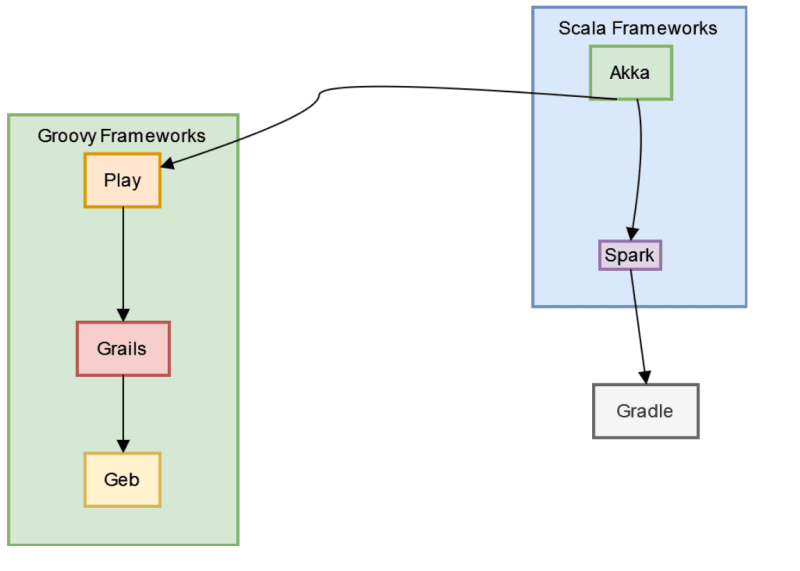
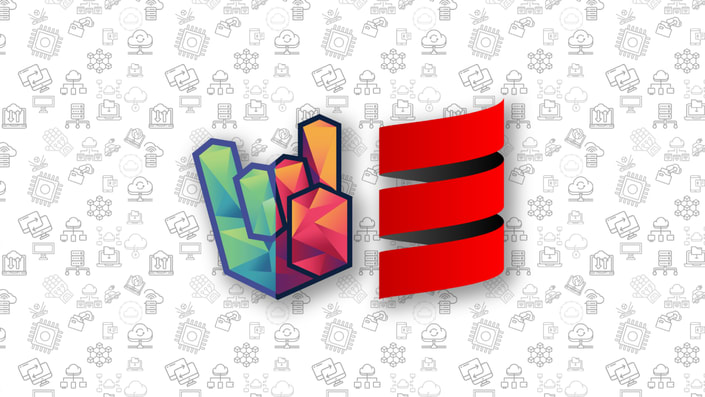
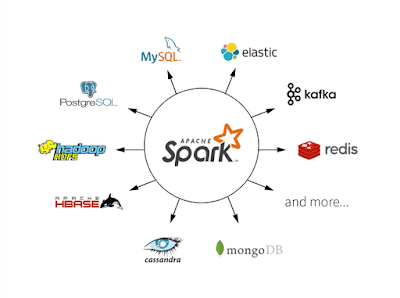
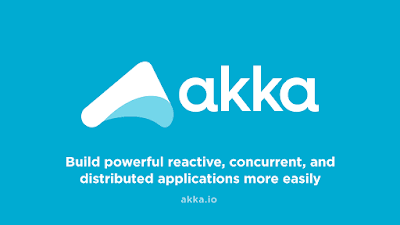
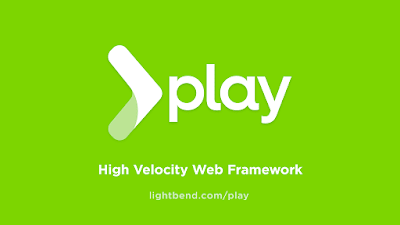
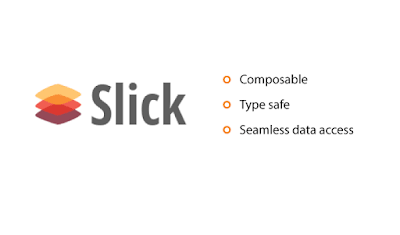
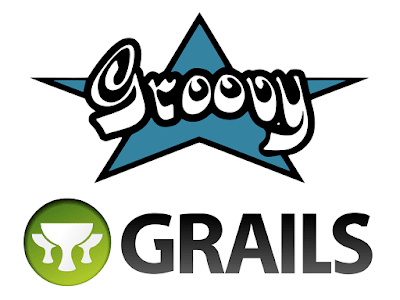
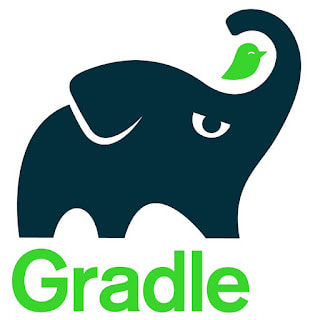

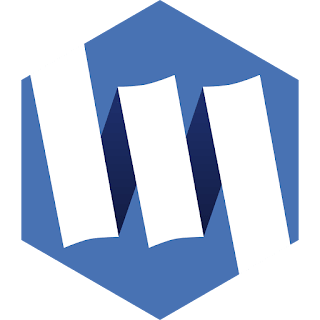
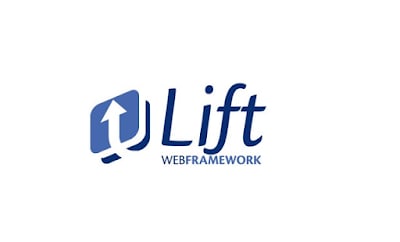
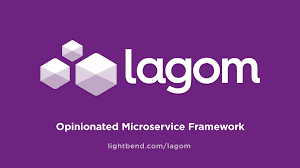

Top comments (3)
Is it written by ChatGTP? Lagom, Lift, Slick, Grails - all dead technologies. Monix is superseded by Cats-Effect, Akka has horrible licensing story and should be avoided for any serious business.
So irrelevant and so misleading.
No man, now everyone things every single article is written by ChatGPT :-) atleast, I Can say that I originally write the article on 2020 before ChatGPT, here is the original link
javarevisited.blogspot.com/2020/09....
Regarding Scala, it should be noted that the information provided here may not be entirely accurate and may be quite outdated, as the previous commenter mentioned that those libraries are no longer actively maintained. It appears that the information might have been more relevant during the period of 2015-2017.
Akka, on the other hand, is generally regarded as a decent library or toolkit, but it has undergone changes in its licensing and is currently not as popular as it used to be.
It is unfortunate to come across such content here and on the
javarevisitedsite. I sincerely appreciate your contributions. I have really enjoyed your posts in past, I find them very informative and instructive. However, this particular piece of information was troubling and made me change my mind. It appears to be misleading, which is disappointing, since it can make bad impression and impact on the newcomers who interested in Scala these days.